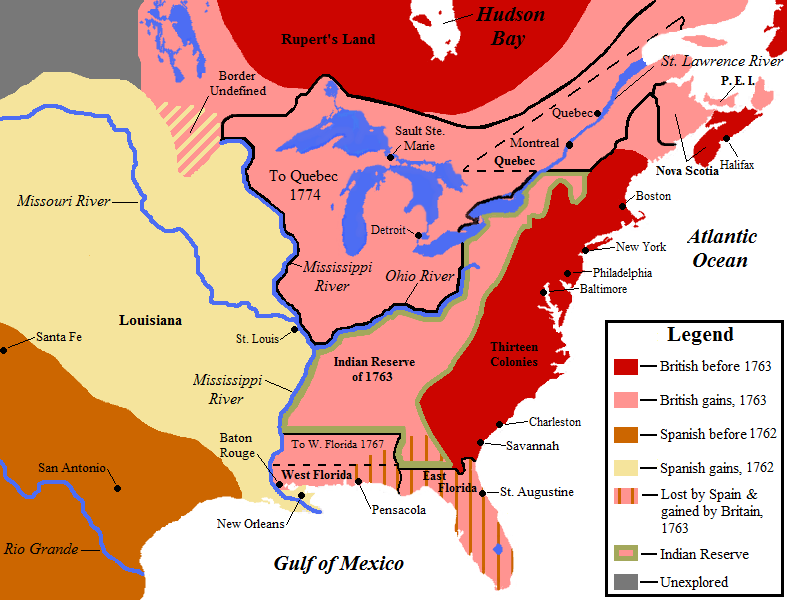

“The average American, I think has, I think it’s fewer than three friends. Three people that they consider friends.”
This is Zuckerberg, claiming it’s normal not just to have only 3 friends, but fewer than 3. This is telling on yourself even more than “Women’s orgasms aren’t real because no woman I’ve ever been with has had an orgasm.”
If he counts his wife in that list of “fewer than 3 friends”, how many friends does he actually have? I get that being ultra rich means that often you can’t be sure who’s actually your friend, and who’s just there for the money. But, still, he should at least be able to count a handful of friends. I’ve known my 2 best friends since before I was 5 years old. Surely if Zuck had a normal childhood, he should have people who were his friends long before he got rich, who he can be sure aren’t just there for his money. If he doesn’t, it strongly suggests he was either a pretty awful kid, or he led a really weird life growing up and was isolated from anybody who could have become a friend.




Everyone around him must hate him so much, to allow him to go out in public looking like that.